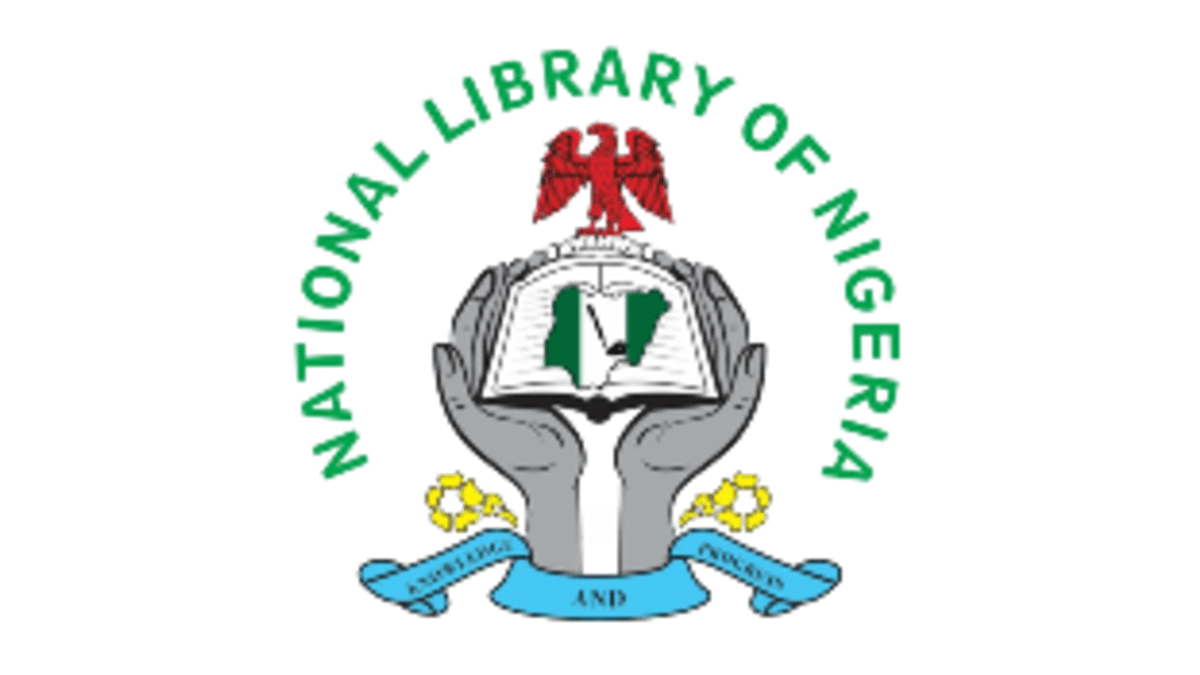The National Library of Nigeria
Every nation in its work and rights has a special institution to protect and preserve a country’s intellectual and cultural heritage for future generations. Among these kinds of institutions is the National Library.
Nigeria has a national Library to cater to this purpose as other countries too. A national library contributes to the prevention of the loss or destruction of crucial historical, cultural, and scientific knowledge by collecting and safeguarding the country’s published and written materials.
Also, check out Kaduna State Teachers Service Board.
Advertisement
In this article, we will examine the role of the National Library of Nigeria and various information centered around it.
National Library of Nigeria
A national library is a library that preserves a particular nation or country’s literary legacy. It is a specialist library that gathers, safeguards, and makes available a variety of materials, including books, manuscripts, archives, maps, and other recorded knowledge
Furthermore, the institution helps provide resources for study and scholarship in addition to preservation. For academics, researchers, and the general public, it offers access to a huge library of information.
The development of knowledge and the comprehension of a country’s history, culture, and society may depend heavily on this access.
Advertisement
History of National Library
The legal deposit and copyright library for Nigeria is the National Library of Nigeria. The Nigerian Library Act of 1964, which formed the National Library Board, led to its establishment in 1964.
The primary goals of the library are knowledge acquisition, knowledge organization, and knowledge dissemination with a focus on collecting, preserving, and promoting Nigerian and African cultural heritage.
Originally situated in Lagos, the library was transferred to Abuja, Nigeria’s capital, in 1993. To keep up with its expanding collection and services, the library has since undergone a number of restorations and additions. In addition, there are 33 branches of the National Library across the country aside from the headquarters in Abuja.
Subjects on Nigerian and African history, politics, literature, and culture are part of the collections available in the National Library. Also, it includes collections of priceless manuscripts, rare books, and other materials.
Also, check out The Nigeria Young Farmer’s Network.
Functions of the National Library
The National Library performs some functions typical to that of a normal library and also some higher functions too.
Part of the functions of a National Library include:
Collection of materials and records
All types of recorded knowledge must be collected and preserved, including books, newspapers, magazines, official publications, and electronic sources. This is the National Library’s job.
Provide information access
The National Library is an outlet of information available to everyone, including researchers, academics, and the general public. It has a wide variety of resources, including electronic books, online databases, and other digital ones.
Fostering and encouraging a reading culture
The National Library encourages young people in Nigeria, especially, to read. To facilitate reading and research, it offers services and resources to colleges, universities, and other educational institutions.
Coordinating library services
One of the responsibilities of the National Library is to coordinate library services throughout Nigeria. It works with state and local libraries to develop and implement policies and programs that support library services.
Advocacy and policy development
The National Library advocates for policies and programs that support the development of libraries in Nigeria. It works with the government, non-governmental organizations, and other stakeholders to develop policies and programs that support library services.
Training and development
Part of the core functions is to provide training and development opportunities for librarians and library staff in Nigeria. It offers workshops, seminars, and other training programs to improve the skills and knowledge of library professionals.
International cooperation
The institution cooperates with other national libraries and library organizations around the world to share information and resources, and to support the development of library services globally.
Difference between the National Library and other Libraries
Generally, national libraries and other libraries public or private perform the core functions peculiar to what a library stands for, however, there is some contrast between the two kinds of libraries which makes them distinct.
The differences are centered on how each is structured, the collections, functions, and the mode of operations.
Collection size
Compared to other libraries, the National Library often has substantially greater holdings. In contrast to other libraries, which could concentrate on certain topic areas or formats, they attempt to collect and preserve all items published in their respective nations.
Legal deposit
The National Library of Nigeria has the status of a legal deposit library, entitling them to copies of all books and publications released in that nation. This makes sure that the national collection is complete and accurately represents the cultural production of the nation.
Funding
Another contrast is the area of funding where the National Library has an edge. The National Library frequently gets public funding and has higher budgets. This enables them to spend money on specialist tools and personnel to safeguard and promote accessibility to their collections.
Services
While both the National Library and other libraries offer services such as borrowing, reference, and research assistance, national libraries may also offer specialized services such as preservation, digitization, and outreach to schools and other institutions.
Role in national culture
The National Library acts as the custodian of a country’s cultural heritage and plays an important role in promoting literacy, education, and national identity.
Who can access the National Library?
The materials and services of the National Library of Nigeria are available to everyone. However, access to some library resources, such as rare or delicate books, may be limited in order to preserve them for future generations.
Furthermore, visitors must first register as members in order to use the library’s materials and services. Nigerian citizens are not charged a membership fee, however, non-Nigerians must pay a registration cost.
Visitors must also abide by the laws and policies of the library, which include limitations on the consumption of food and drink, smoking, and using mobile devices.
Opening Hours and Closing Hours
From Monday through Friday, from 8:00 AM to 4:00 PM, the public may visit the National Library of Nigeria. Weekends and legal holidays are closed. It is crucial to remember that the library may periodically modify its operating hours or close for upkeep or other causes.
It is therefore advised to check the library’s opening times before going there. For the most recent information on the library’s operating hours, visitors can check the library’s website or get in touch with it directly.
Final Notes on The National Library of Nigeria
The National Library is an important institution in Nigeria that holds the cultural and historical materials and resources concerning Nigeria. It acts as a cultural institution, fostering literacy, education, and a sense of identity for a country.
It may serve as a venue for people to explore new concepts and viewpoints, engage in intellectual discussion, and learn more about their own history and culture.
The post gives information that helps to understand the information surrounding the National Library of Nigerians.
Before you go, check out Nigeria Computing Society.







2 Comments
Comments are closed.